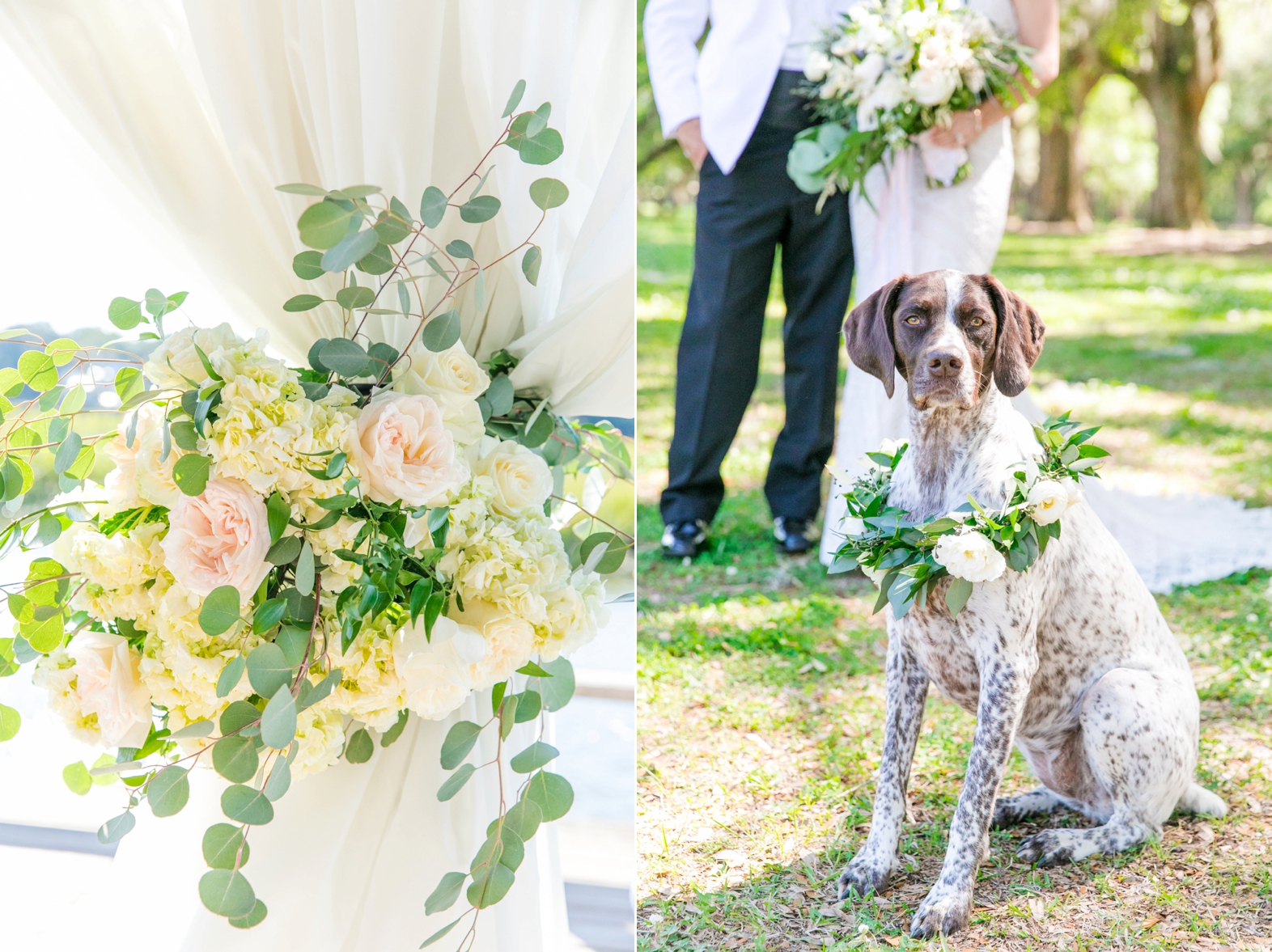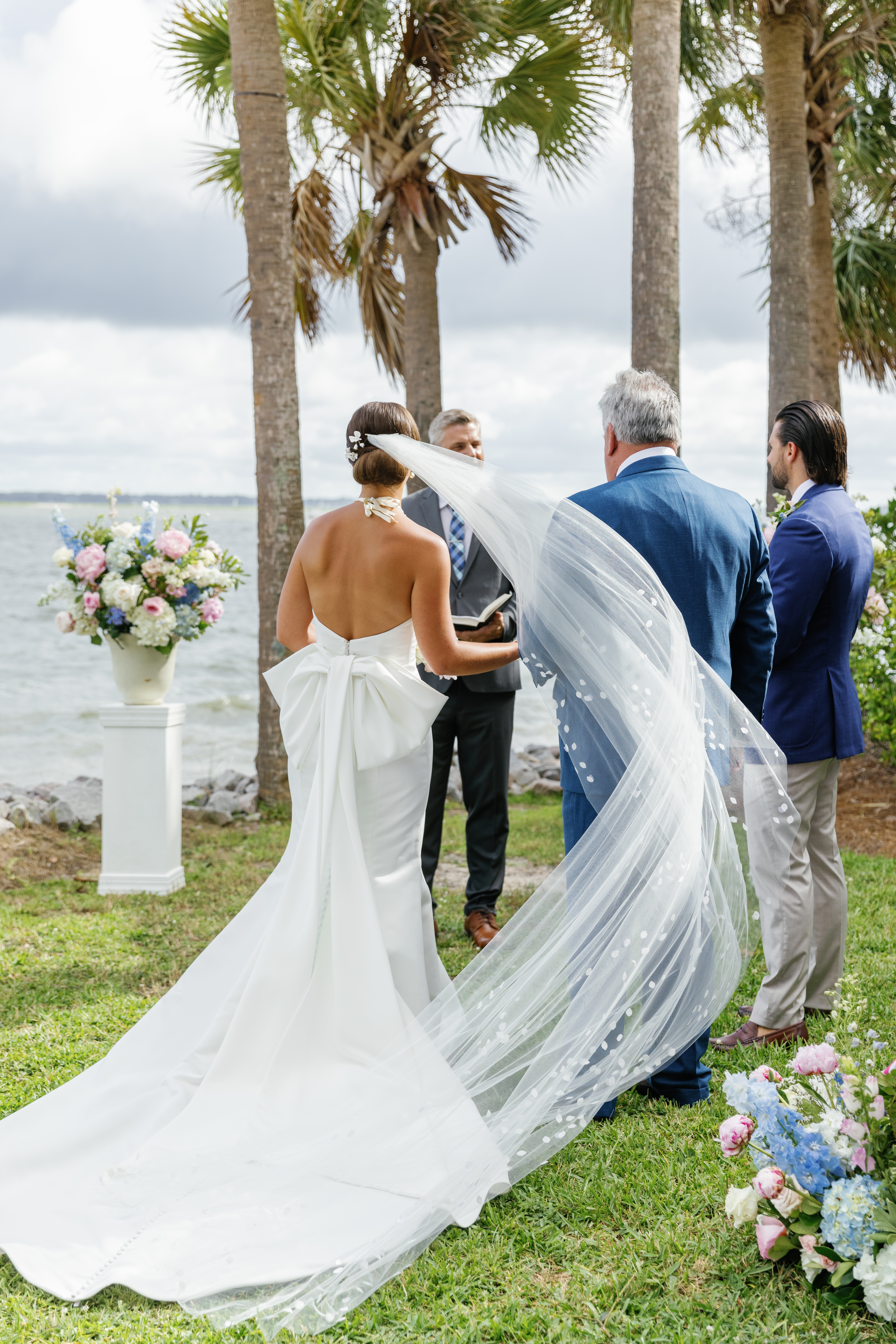I recently got an email from a panicked bride. She had hired a videographer for her wedding day months in advance, but she hadn’t heard from him in a while. Since they were only a month out from their big day, she decided to reach out to him via email and the emails were returned to her as undeliverable. After some digging, she found out that the videographer had passed away months ago and she had no idea! No one had contacted her and now, a month out from her wedding day, she was scrambling to find a replacement. I felt horrible for her, but I was also kind of angry because this situation should NEVER happen! This is exactly why vendors need to have a contingency plan in place.
I know, I know… it’s a morbid topic. But as a small business owner, you have to think about these things!! Our clients are trusting us with something sacred – their wedding day – and they are relying on us, as professionals, to show and up do the job we were hired to do. If, God forbid, something were to happen to you – what would happen to your clients and your business? Would anyone know what to do on your behalf?

For a lot of people, the answer is no. As small business owners, we are generally the only ones who really know the ins and outs of our business. The account numbers, the passwords, the PINs, the workflow, the resources. That is often not freely shared with others. But it’s imperative that we, as small business owners, plan for the worst. If we were incapacitated, we need to have a system in place so that our clients aren’t left high and dry.
Creating a contingency plan isn’t hard. Simply open a Word document and start typing. Here are some things you should have saved in this document:
- A step-by-step list of what someone should do immediately if you are hurt, unconscious, or dead – this should include instructions for contacting your team members, emergency contacts, where to find important information and what needs to be done immediately upon your absence
- A list of emergency vendor contacts including email + phone numbers
- A secondary step-by-step list of what someone should do if your recovery isn’t going to be speedy… or if you die. This should include your long term contingency plan + all of the steps someone would need to take to cover your business long-term
- Studio management system information including the website link to log in, your username + password
- A short overview of how to navigate + understand the systems you use to operate your business
- Cell phone PIN
- Computer passwords
- Email accounts + passwords
- Where to find your timelines, contracts, questionnaires, etc.
- Where to find your client contact information
- Where to find the planners information
- Google calendar login + password
- Where to find important documents, whether online or hard copy
- Bank account information including usernames, passwords + PINs
- Retirement account information including account numbers, usernames + passwords
- Business credit card accounts including username + passwords
- Website + blog information, including your username + password
- Hosting account + password
- Domain registration account + password
- Tax account information including your EIN, sales tax ID, etc.
- Bookkeeper + accountant contact information including email + phone numbers
- Paypal/Square login information
- Online gallery login information
- Online storage + cloud backup account information
- Important team member contact information including email – for example, your private photo editor
- How to access your archives for clients if needed
As you are writing all of this information out, write it in a way that is easy to understand. Remember – whoever you put in charge of your contingency plan most likely doesn’t know the ins and outs of your business nor are they familiar with the systems you use to run your business. You should be leaving them with easy-to-follow directions on what needs to be done and how to accomplish that as quickly and efficiently as possible.

Once you have written all of this out, be sure to send it to at least two people who can serve as executors of this contingency plan. For me, it’s my sister + my mom. I asked them to make sure they save this document in a safe place and, if anything ever happens to me, they need to follow the instructions I’ve prepared for them so that my clients aren’t left hanging. They think it’s super morbid and even call it my “death doc”. But seriously… even if I’m incapacitated, seriously injured, or critically ill, I need that peace of mind to know that I’ve taken every precaution I can to ensure that my business, my reputation, and my amazing clients are taken care of in my absence.
If you haven’t already done this, DO IT NOW!!! This is such an important thing to have, especially when you have clients who are depending on you for such a major event in their life. Don’t put it off. It’s your responsibility as a small business owner to plan for the worst and make sure that you are prepared for any situation that may arise… including your death.
With a well-worn passport in hand, and an affinity for a good cocktail, Dana works with fun-loving and kind-hearted clients around the globe.
meet DANA
I love it when my couples opt to do an engagement session with me before their wedding day. While it’s by no means necessary, I always really love getting to know my couples before the wedding day – and I also love being able to take some epic photos of them during this special time […]

From the very first time I spoke with Caroline, I knew that her wedding day was going to be so special. With just their immediate families in attendance, Caroline + Kevin’s day was centered around family – and they wanted to begin their life together surrounded by the people who love them the most in […]

Lauren + Matt are the embodiment of pure, unfiltered JOY. The way these two look at each other. The way they smile from ear to ear when they are next to each other. Absolute, contagious, electric joy. I truly feel so lucky to have been in the presence of their love. It’s a love that […]

In May, I headed to Atlanta for Lynsey + Tyler’s romantic wedding at Summerour Studio. I knew their wedding weekend was going to be special and it absolutely was! Their celebration started with a beautiful rehearsal dinner at the Peachtree Club, overlooking the city. It was so great to meet all of their VIP’s the […]

I first met Tori back in 2016 when I photographed her older sister Kiersten’s wedding. Little did I know then that I would go on to photograph their sister Chelsea’s wedding in 2021 – and finally Tori’s wedding in 2024! Legacy clients are so special and the Stolen family means so much to me. They […]

When I first spoke to Elizabeth last June, I knew that her wedding day was going to be something special. She spoke about getting married in her hometown of Beaufort SC – first, a sweet ceremony at her local church, followed by a tented waterfront celebration filled with bright colors and palm accents. Elizabeth wanted […]

entries
popular